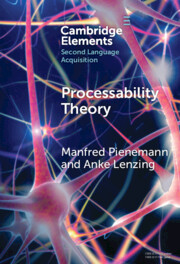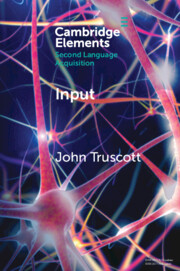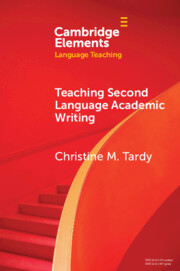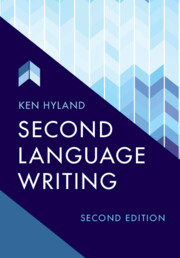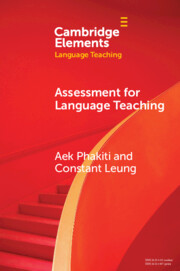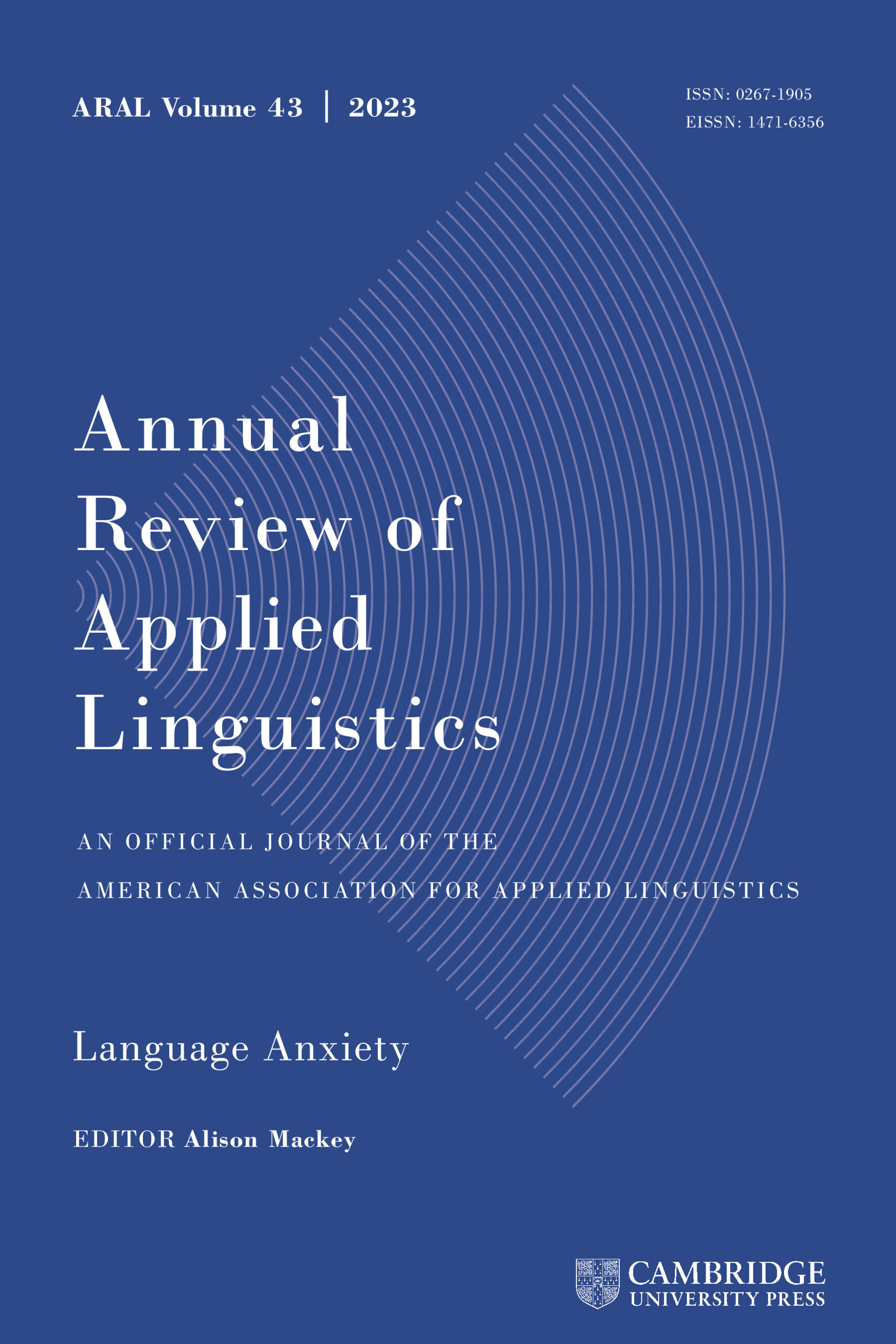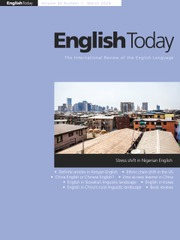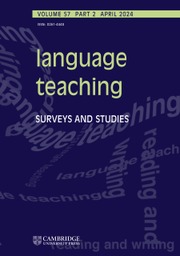Processability Theory
Processability Theory (PT) is a psycholinguistic theory of second language acquisition. The theory builds on the fundamental assumption that learners can acquire only those linguistic forms and functions which they can process. Therefore, PT is based on the architecture of the human language processor. PT is implemented in a theory of grammar that is compatible with the basic design of the language processor. This Element gives a concise introduction to the psycholinguistic core of PT - showing that PT offers an explanation of language development and variation based on processing constraints that are specified for typologically different languages and that apply to first and second language acquisition, albeit in different ways. Processing constraints also delineate transfer from the first language and the effect of formal intervention. This Element also covers the main branches of research in the PT framework and provides an introduction to the methodology used in PT-based research.
Product details
April 2025Hardback
9781009571920
106 pages
229 × 152 × 8 mm
0.296kg
Available
Table of Contents
- Preface
- 1. In a Nutshell – What is Processability Theory About?
- 2. Key Concepts
- 3. Main Branches of Research
- 4. Implications for SLA Theory
- 5. Implications for Pedagogy
- 6. The Constructive Strategy of PT in Theory Building
- 7. Key Readings
- References.

